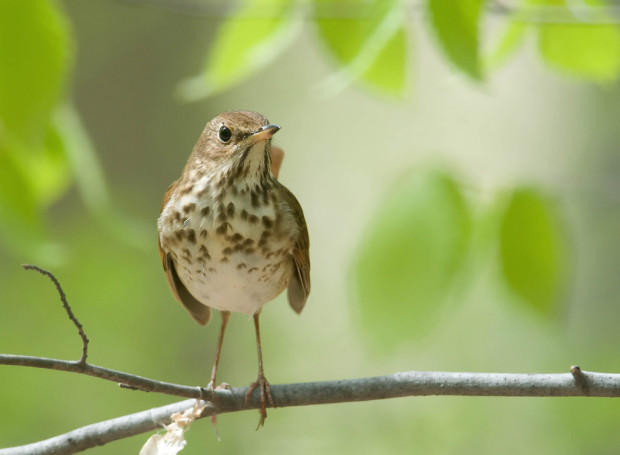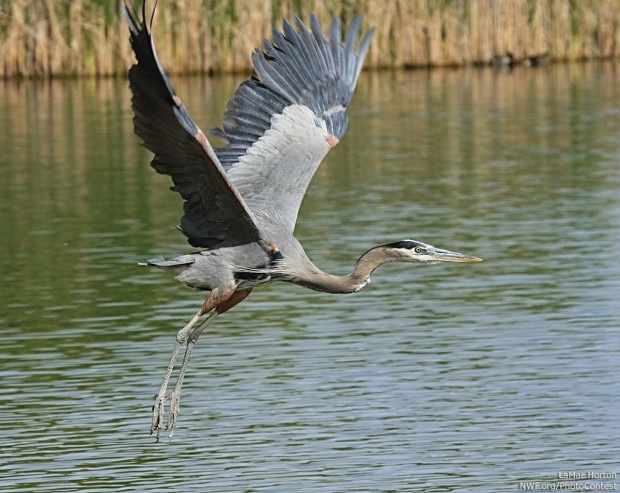We have much more to do and your continued support is needed now more than ever.
From Pristine Bird Haven to Toxic Trap: Canada’s Tar Sands Threaten New England Birds
When Americans talk about tar sands, one of the most pernicious and devastating industrial undertakings the world has ever seen, those lucky enough not to have a pipeline running through their property generally think of a faraway threat. However, while the tar sands industry has its roots in Alberta, Canada, damage done to the old growth forest there has far-ranging implications. In fact, New Englanders may soon see and hear effects of tar sands extraction and pollution in our own backyards, wetlands and forests in Vermont, New Hampshire, Maine, and around the country—we’ll be missing our birds.

Tar sands: A threat to New England’s birds
Canada’s boreal forest not only plays a vital role in carbon sequestration, clean water and wildlife habitat for North America and in fact the entire world – it is also the bird nursery for our continent, where millions of birds migrate to breed. But that nursery is being destroyed by mining and drilling practices that have already killed thousands of birds and are putting millions more at risk.
Among the hundreds of species at risk are several that are well known and loved by birders, sportsmen and outdoor enthusiasts in the Northeast, including the Goldfinch, Common Loon, Pileated Woodpecker, Evening Grosbeak and Hooded Merganser. Vermont’s state bird, the hermit thrush, is also threatened. From other regions of the country, species as exotic as the critically endangered Whooping crane, America’s tallest bird, are also directly threatened by tar sands operations.
A few others of the 130 internationally protected American migratory and songbird species threatened by tar sands development include the Snow Goose, Great Blue Heron, Northern Pintail, Wood Duck, Siskin, Trumpeter Swan, and Cedar Waxwing.
From pristine bird haven to toxic trap

Countless waterfowl and songbirds have died in oil-laden tailings ponds in the past several years, and the destruction continues. But New England has an opportunity to slow the expansion of the tar sands industry, therefore preventing bird deaths, habitat impacts and the increased threat of climate change.
New Englanders can protect our waterfowl and songbirds
As long as the tar sands industry is encouraged by the Canadian government to expand at a breakneck pace no matter the cost, birds from all over North America will in danger. However, some of the power to slow this expansion is in the hands of the people of Vermont, New Hampshire and Maine. We can block the industry from reversing the aging Portland-Montreal pipeline, which runs directly through our three states, and using it to transport tar sands to overseas markets.
Preventing this use would not only directly protect birds, moose and other wildlife that rely on the 15 streams and rivers just in Vermont that the pipeline crosses, it would block another outlet for the tar sands industry to sell its toxic product. The chorus of Vermonters and others in the region calling on our leaders to stand up and say No is growing louder by the day. Join the call by clicking the link below:

![]() Help protect our New England birds and other wildlife at risk from tar sands by telling President Obama to say no to the Keystone XL pipeline.
Help protect our New England birds and other wildlife at risk from tar sands by telling President Obama to say no to the Keystone XL pipeline.





















